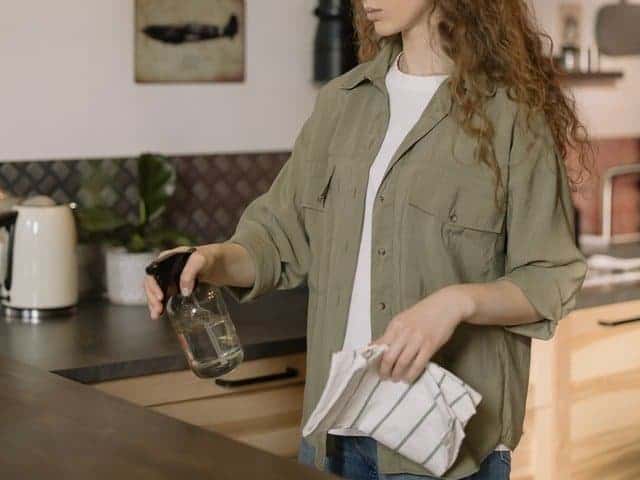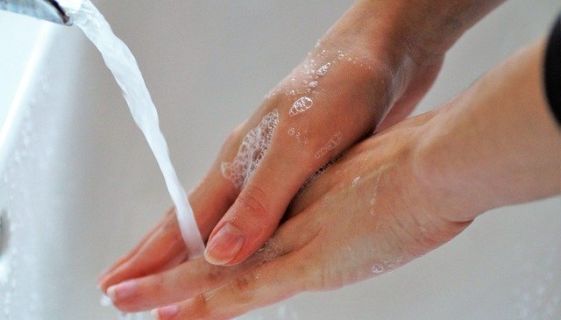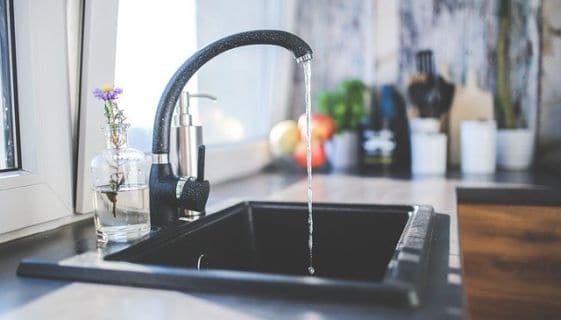There are many products on the market that claim to be ‘natural’ or ‘organic’, but it’s important to know what to look for when shopping for cleaners. These basic guidelines will ensure that you’re not adding more pollutants in your home.
Here are some guidelines to follow when shopping for cleaners.
- Buy certified green cleaning, Ecocert products, or other reputable brands.
- Buy products that list all ingredients. Beware of “active” versus “inactive” ingredients.
- Inactive ingredients can be just as toxic.
- Limit the use of ingredients ending in “phenol” or “nol”.
- Choose fragrance-free products.
- In general, choose products with the fewest ingredients.
- Buy organic and vegetable-based cleaning products.
- Alcohol-based hand sanitizers are safer than those containing Triclosan.
- If a label uses “anti-” ask yourself how that is accomplished. What chemicals may have been added?
- Wear gloves when cleaning; consider using a mask to avoid fumes, smells, and particulates.
- Follow all safety instructions on the product label.
- Separate cleaners to avoid chemical reactions; do not mix them together, even the natural ones.
- Ventilate your home frequently when using cleaning products.
- Rinse cleaned surfaces with plain hot water to remove any residue from the cleaner.
- Think about “dwell time.” To an extent, the longer the cleaner has contact with surfaces, the greater the degree of disinfection.
There are some safer household products that can be used as effective cleaning agents.
- A combination of baking soda and distilled white vinegar can be used for most cleaning applications.
- Baking soda or washing soda brightens the laundry. You can make your own washing soda from baking soda.
- Distilled white vinegar can be used to fight mold.
- Exposing items to the sun can help to disinfect or to bleach items. (The sun also kills dust mites, mold, and other allergens.)
- The high heat from dryers kills mites and lice.
- It is better to wet mop floors instead of sweeping to avoid making dust airborne.
- Use HEPA filters or central vacuums.
- Essential oils of oregano, lavender, and thyme have natural germ-killing properties. (Be sure to test for allergic reactions.)
- A plunger works for almost all sluggish or blocked drains and toilets.
- You can make an effective natural de-clogger by pouring 1 cup of baking soda and one cup of vinegar down the drain. Let it bubble, wait 10 minutes, then rinse the drain with boiling water.





